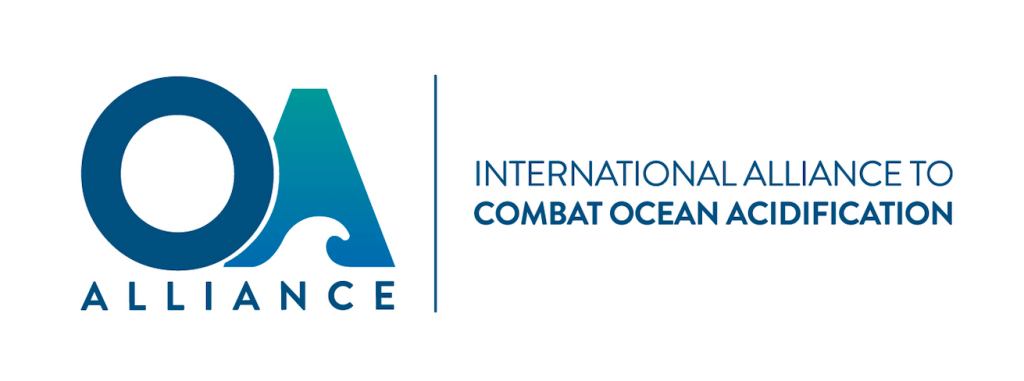State Ocean Acidification Action Plans
Many states in the Mid-Atlantic are taking action to better understand the potential threat of ocean acidification to economic and ecological resources. Organizations like the Mid-Atlantic Coastal Acidification Network (MACAN) – which is co-coordinated by MARCO and MARACOOS – as well as the International Alliance to Combat Ocean Acidification (OA Alliance), provide resources to state governments and researcher to better understand acidification threats and potential mitigation and adaptation strategies.
To highlight some of the work that’s being done and provide some guidance for those considering taking action to address acidification, MACAN and the the Northeast Coastal Acidification Network (NECAN) partnered with the OA Alliance on delivering the webinar, “Intro to Ocean Acidification Action Planning.” The webinar included an overview of the Ocean Acidification (“OA”) Action Planning process, as well as reflections from New York and Maine on their ongoing OA Action Planning efforts. A recording of the webinar can be found linked above and on MACAN’s website, www.midacan.org.
OA Action Plans describe actions that can be taken to address threats from acidification specific to each individual entity, and therefore will vary depending upon factors like geography, existing state policies and plans, etc. In the Mid-Atlantic, the states of New York and Maryland are working toward developing OA Action Plans. Action 15 in the New York’s Ocean Action Plan specifically calls to address ocean acidification, and the NY Ocean Acidification Task Force was created to help the state mitigate and adapt to potential acidification impacts. The NY OA Action Plan is still in the planning phase. A Maryland Ocean Acidification Task Force was convened in 2014 to evaluate the science around acidification and potential impacts to Maryland resources and provide recommendations for mitigation strategies. The Task Force produced a final report of their findings in January 2015. Maryland has recently begun the process of developing an OA Action Plan, and are currently in the planning phase of this initiative.
In addition to the OA Action Planning efforts in New York and Maryland, New Jersey has recently established an Ocean Acidification Initiative. The New Jersey Department of Environmental Protection has engaged researchers from Rutgers University to determine what steps will be needed for the state to develop an OA Action Plan. As part of this effort, Rutgers University is identifying research gaps and key stakeholders, and developing outreach materials.
* MACAN is a nexus of scientists, tribal, federal, and state agency representatives, resource managers, and affected industry partners who seek to coordinate and guide regional observing, research, and modeling of ocean and coastal acidification. MACAN works to develop a better understanding of the processes associated with estuarine, coastal, and ocean acidification, predict the consequences for marine resources, and devise local adaptation strategies that enable communities and industries to better prepare and adapt. Please visit www.midacan.org to learn more.
** The OA Alliance was created in 2016 by the governments of California, Oregon, Washington and British Columbia, Canada in response to the debilitating acidification event that occurred in the mid-2000s off the North American West Coast. Since its establishment, the OA Alliance has been providing resources for state governments across the United States, as well as international governments throughout the world, to develop Ocean Acidification Action Plans. Please visit the OA Alliance website for more information about the organization, a toolkit for the OA Action Planning process, and a list of current members.
Share this:








